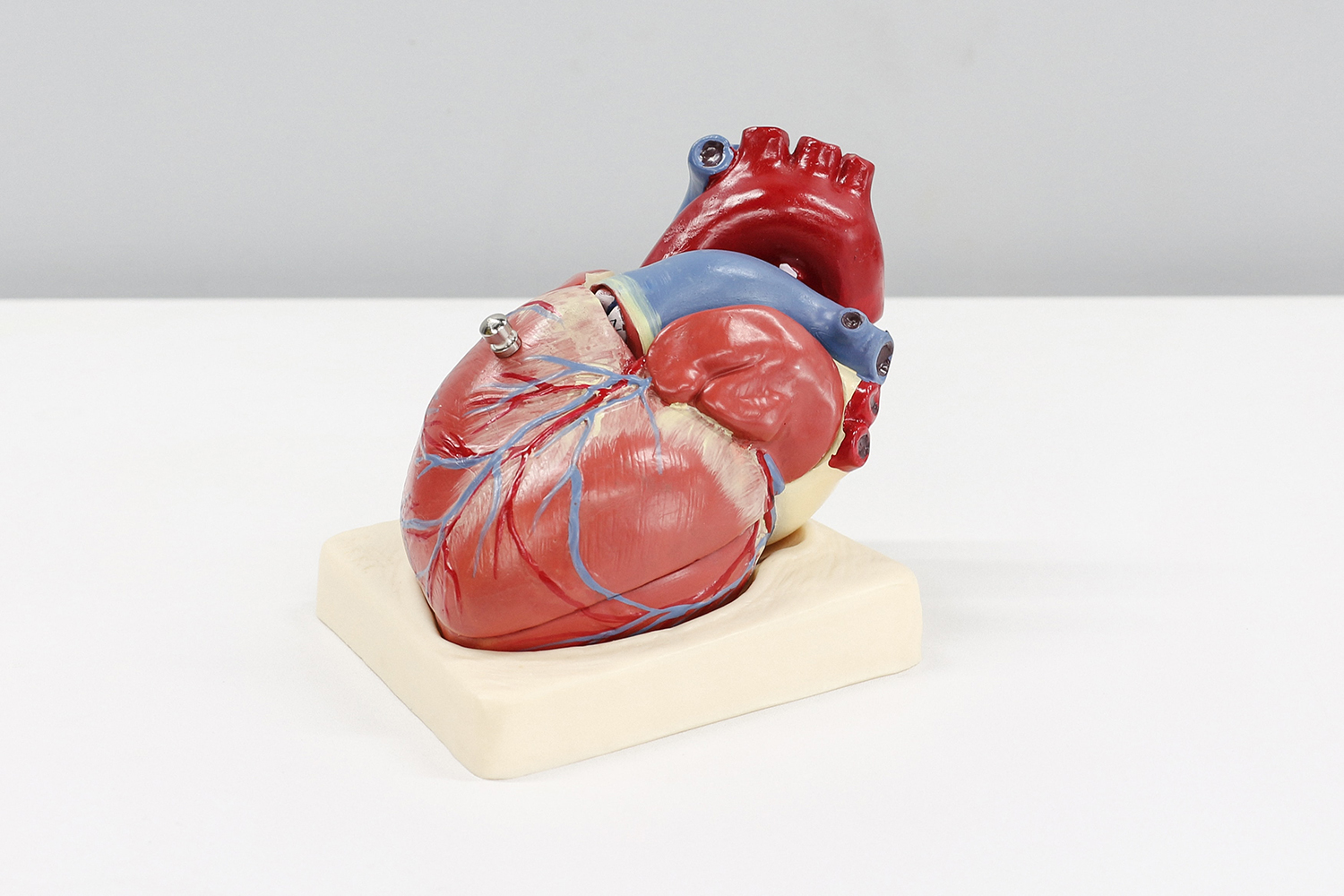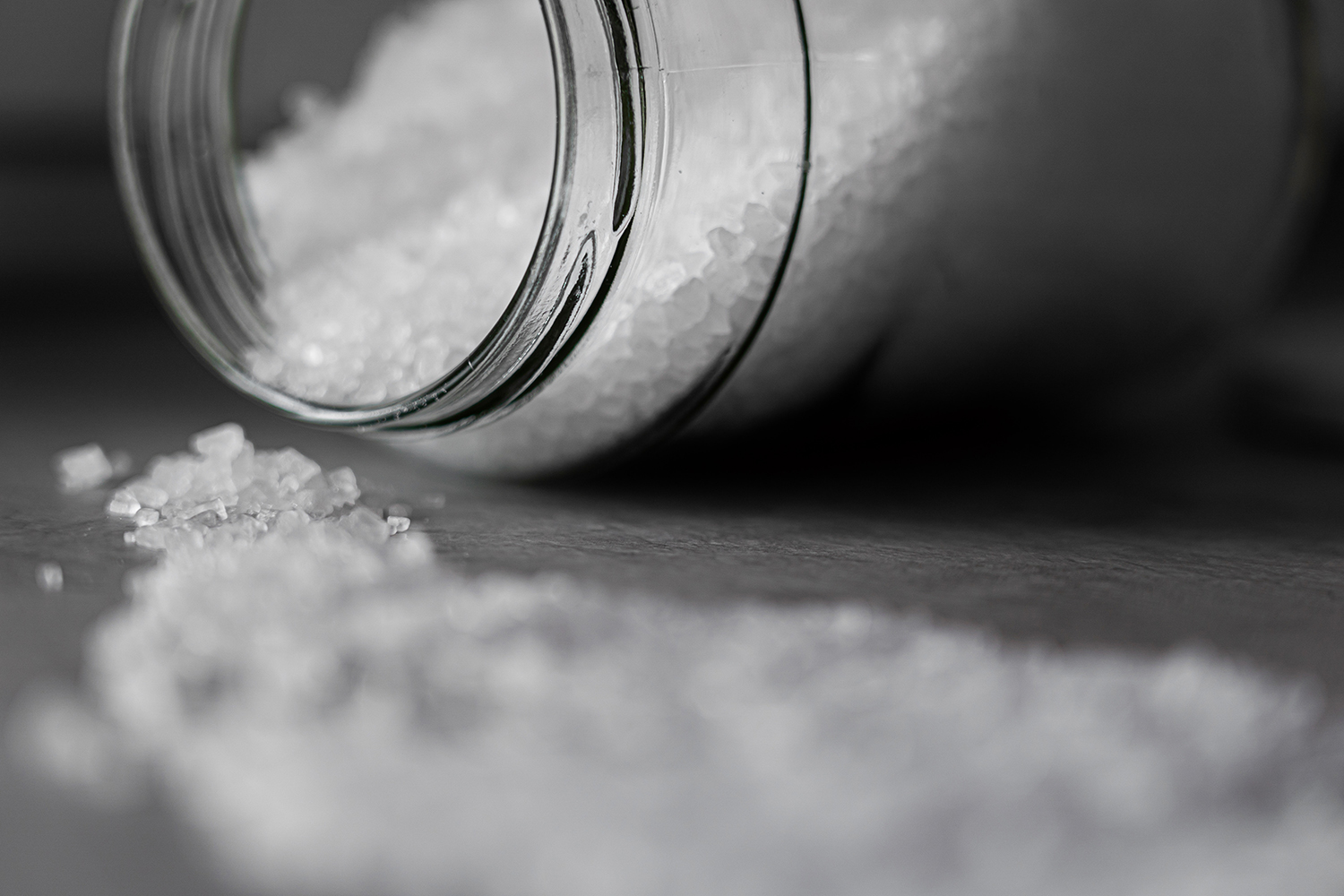The Skin Issues That Could Indicate Poor Heart Health
Contributed by Ryan Peterson.

Photo by Vasiliy Skuratov
Who knew that your skin, your body’s largest and most fabulous organ, could be a tattletale when it comes to the health of your ticker? That’s right, people, your skin can be like that one honest friend who tells you that yes, indeed, those pants do make you look funny.
Now, before we jump into this, remember: I’m not a doctor, nor do I play one on TV. I’m just a curious soul with access to Google and a penchant for connecting dots – sometimes in a very abstract, Picasso-like manner. So, if you suspect something’s up with your heart, please see a real doctor and not just WebMD yourself into a frenzy.
Dry Skin: More Than Just a Moisturizer Issue
Let’s start with one that is maybe not so obvious: dry skin. We’ve all been there – slathering on lotion like it’s an Olympic sport. But did you know that extremely dry skin could be a sign of poor circulation? When your heart’s not pumping blood like a champion, your skin might throw a dry and scaly tantrum. It’s like your skin is passive-aggressively telling you, “Hey, I need more nourishment here!” But don’t worry yet because it could be something totally benign, for example, dry skin on side of mouth can be nothing more than the result of you licking your lips a lot!
What You Can Do
If you’re drier than a British comedy and it’s not just the winter weather or your love for hot showers, it might be worth a chat with your doctor. And maybe invest in a good humidifier.
Xanthomas: The Skin Bumps You Didn’t Sign Up For
Xanthomas, which sound like a villain in a sci-fi movie, are actually cholesterol-filled deposits that can appear on your skin. They’re like little yellow flags saying, “Hey, check your cholesterol levels!” They often pop up on eyelids, joints, and tendons and are about as welcome as in-laws on your honeymoon.
Continue readingHow You Can Take Care of Your Heart
Contributed by Ryan Peterson.
We know that we have to take care of our hearts. Doing everything we can to eat well, lower our cholesterol, eat a balanced diet, and work out. One of the most beneficial things you can do for your health is to strengthen your heart.
And, as you may be aware, fitness is the most effective approach. In fact, if you are sedentary and do not exercise, you’re twice as likely to develop heart disease compared to someone physically active.

Once we have been successfully taking care of our own heart health for years, it doesn’t hurt to pass what you’ve learned on to others.
The fitness industry is one of the fastest-growing, and while there is money to be made here, it’s also putting the spotlight on people who are trying to do better.
Before you start running heart-healthy groups, it is a good idea to invest in group fitness certification online – so you are following best practices.
Below are some steps you can take to to encourage the people you know, and maybe some you don’t, to take care of their hearts.
Walking groups
Walking groups are one of the most enjoyable and lightest ways to tackle heart health. It doesn’t just promote heart healthy but mental well-being as well since it helps people get out of the house and spending time with others.
You can arrange weekly local walks and create new routes each time.
Continue readingThe Tricky Relationship Between Salt And Your Heart
Contributed by Ryan Peterson.

Salt is used in most cooking recipes and forms a large part of the modern diet. However, there have long been discussions over the need for it in our bodies. Salt, or sodium, can interact with our internal system in a multitude of ways. As a consequence, it has an impact on our overall heart health.
More to the point, what sort of impact does it have? Most of us have grown up knowing salt is bad for us and can lead to health problems. But, is this truly the case?
What is salt?
Salt (sodium) is a mineral that’s vital for the function of the human body. Our bodies use sodium to maintain healthy nerve functions, as well as to keep our body’s fluid levels balanced. In fact, when you feel dehydrated, it’s recommended that you add some salt to your water as it can help hydrate you by replenishing electrolyte stores. Salt is also suggested for anyone suffering from muscle cramps as a lack of it in the system can lead to excessive muscle cramping.
Consequently, you can argue that salt is an essential nutrient our bodies need. Cutting salt out of your diet is not a healthy decision as it can cause a variety of ongoing health problems.
Continue readingFive Easy Ways to Improve Your Heart Health
Contributed by Ryan Peterson.

It’s estimated 33% of Americans have hypertension which contributes to heart problems. Not only that, cardiovascular disease is cited as one of the most common causes of death, with 17.3 million deaths each year. There are steps you can take to keep your heart healthy. First, avoid the obviously unhealthy choices, such as cigarettes and alcohol. They may feel like they help you unwind and relax, but in terms of your body chemistry, they are actually causing your body stress and damage. Second, incorporate healthy behaviors into your daily routine.
Improve Sleep Patterns
A big part of maintaining a healthy heart is improving the supporting conditions around heart health. That includes being active and eating a heart-healthy diet, but it also means getting enough good quality sleep. Poor sleep increases the risk of heart disease and contributes to many of the conditions around it, such as obesity, high blood pressure, and diabetes.
Get Active
Continue reading12 Things To Do Everyday For Your Heart Health
Contributed by Ryan Peterson.
Unfortunately, we can’t stay young forever. By the time many of us realize we’re ‘getting on a bit’, some damage has already been done to our health. By vowing to take care of your overall health now, and especially your heart health, you’ll live a longer, better quality life with fewer healthcare costs in the long run. Living a healthy lifestyle does not have to equal ‘boring’.
Here are 12 things to do everyday for your heart health:
1. Eat Healthy Fats
Healthy fats include foods like nuts, peanut butter, and oily fish. Avoid trans fats at all costs – you typically find trans fats in processed food. Trans fats increase your risk of stroke and heart disease. Consuming trans fats regularly makes you more susceptible to problems. Become comfortable reading nutritional labels before buying products to ensure you avoid foods containing trans fats.
2. Practice Good Dental Hygiene
Oral bacteria associated with gum disease can travel through the bloodstream and increase your risk of heart disease. Poor dental hygiene can lead to heart disease. It isn’t about vanity – looking after your teeth is key for overall health. Make sure you’re doing the following:
- Brush twice a day.
- Brush teeth for two minutes, but do not brush so hard you wear your enamel down.
- Floss at least once a day to get rid of debris between the teeth.
- Using mouthwash to rinse away any leftover bacteria and freshen your breath.
- Use a tongue scraper. Brushing your tongue is good, but you may sometimes just move around the bacteria without getting rid of it.
3. Get Plenty of Sleep
Prioritize your sleep. You have a higher risk of cardiovascular disease if you don’t get sleep. It can be tempting to burn the candle at both ends if you have goals you want to achieve, but people who sleep fewer than 6 hours a night are twice as likely to have a stroke or heart attack compared to people who sleep 6 to 8 hours a night. Aiming for 7 to 8 hours of sleep a night is ideal. Implement a consistent bedtime routine. Going to bed at the same time each night is a great start.
4. Avoid Sitting Down For Too Long
Continue reading8 Facts *Every* Man Should Know About Heart Health
Contributed by Tommy Wyher.

Did you know your heart will pump the equivalent of 1 million bath-tubs of blood in its lifetime?
Interestingly, the majority of causes of heart disease are related to lifestyle factors, so the health of your heart rests squarely in your hands. As a high performing pump that works non-stop 24/7, your heart requires care and maintenance.
Looking after your heart means it will keep on pumping! With that in mind, here are some other health facts about your heart to take into consideration. Some of which we’re sure you may not even be aware of…
The warning signs of heart disease
Heart disease is your body’s worst enemy, often resulting in heart attacks or even strokes.
Continue reading


